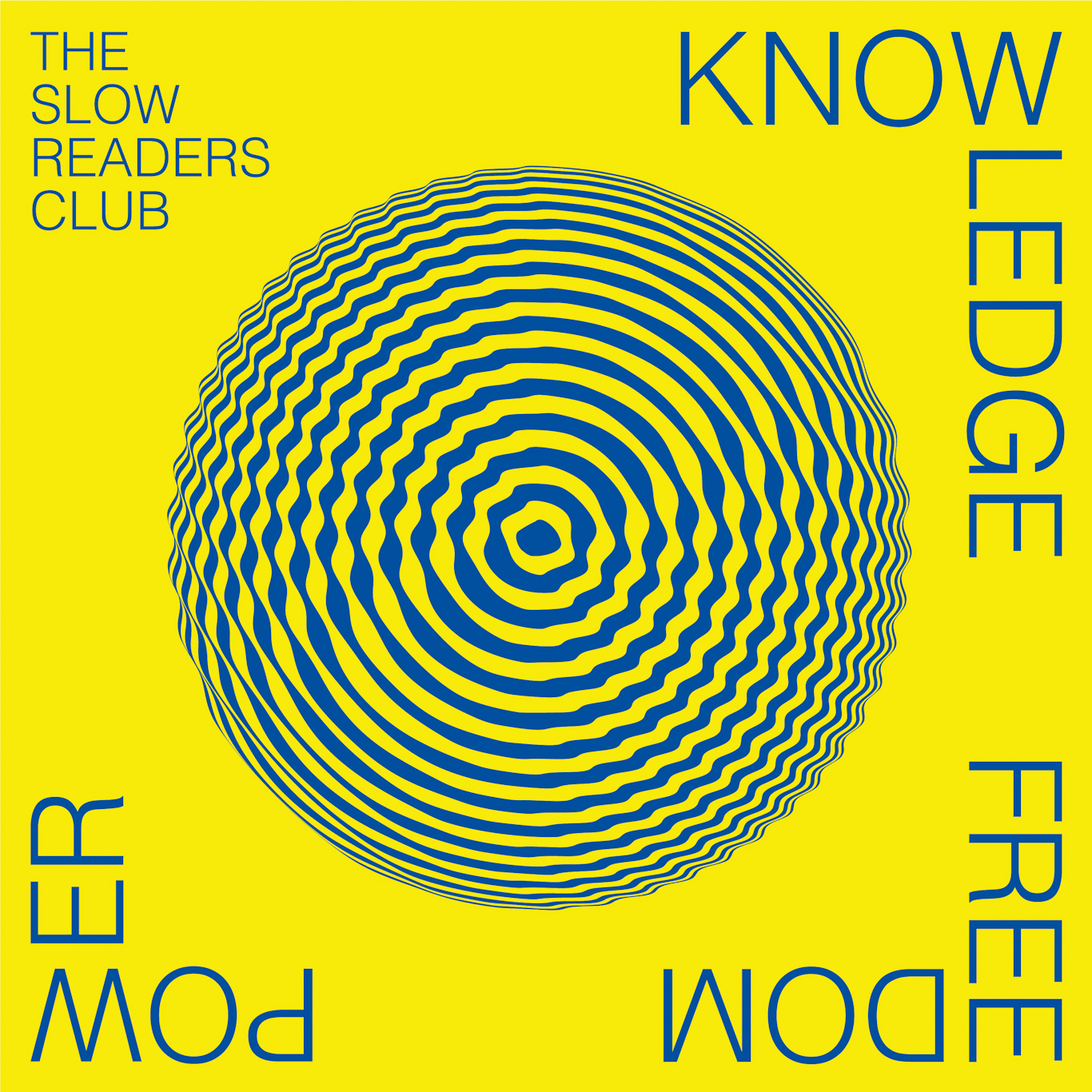
Manchester quartet, The Slow Readers Club are back with their sixth studio album Knowledge Freedom Power. Following on from their 2020 Top 10 album The Joy of the Return which was released around the time of lockdown three years ago.
At the time of The Joy of the Return’s cancelled touring plans, (due to lockdown,) the band self-released ’91 Days In Isolation, in October 2020. For their latest offering, produced by Joe Cross of Hurts/Courteeners, their usual dystopian music is interlaced with a slew of optimistic energy to counteract the current times.
Opening track “Modernise” kicks off the album with a hard-edged synthesizer and tight bass, reminiscent of Muse. ‘It’s time to modernise’ sings frontman, Aaron Starkie. There’s a sense of cloying claustrophobia here. ‘Hold on, the pressure really starts to freak me out’. If you see the video it shows Aaron being surrounded by a group of people all shoving mobile phones at him and videoing him. The monotone refrain halfway through echoes this: ‘Get a job, find a girl, hurry up, don’t be late.’ It conveys that sense of pressure in this modern world, where AI and VR are more and more part of our humankind. A strong start to the album.
“Afterlife” is another great track, full of affecting emotion in the chorus and pulsing rhythm, whilst. “Sacred Song” sounds like one of their happiest tunes with a fluid guitar frenzy. ‘We’re born again like children of the golden age’, it’s uplifting, hopeful for the future, and quite spiritual, to be honest.
“Lay Your Troubles On Me” has a gentle guitar chord reminiscent of Velvet Underground and a feverish drum beat. Starkie’s vocals retain that eloquent expression in this laid-bare song about friendship and community. But then, 2.15 minutes in, the song does a complete about-turn with a surge of electronic energy and sizzling synth. It becomes anthemic with a buzzsaw guitar and layers of melody. One of my favourites on the album. I just want to keep playing this one!
The title track “Knowledge Freedom and Power” is dance-y and energetic. It’s a joyous call to arms, a kind of Manics, Design for Life. Remember that line ‘Libraries gave us power’, it reminds me of that lyrically. As frontman Aaron says, ‘It is an exercise in positive sloganeering, a mantra for education as a means of a way out from social and psychological confinement.’
Other songs worthy of merit are “What Might Have Been” and the science-fiction air of “Forget About Me.” They are all accomplished songs, that still retain The Slow Readers Club’s indie-electro-pop melodies. They still have that desolate sound to them, but now interlaced with a renewed enthusiasm and delight at life.




Be the first to comment